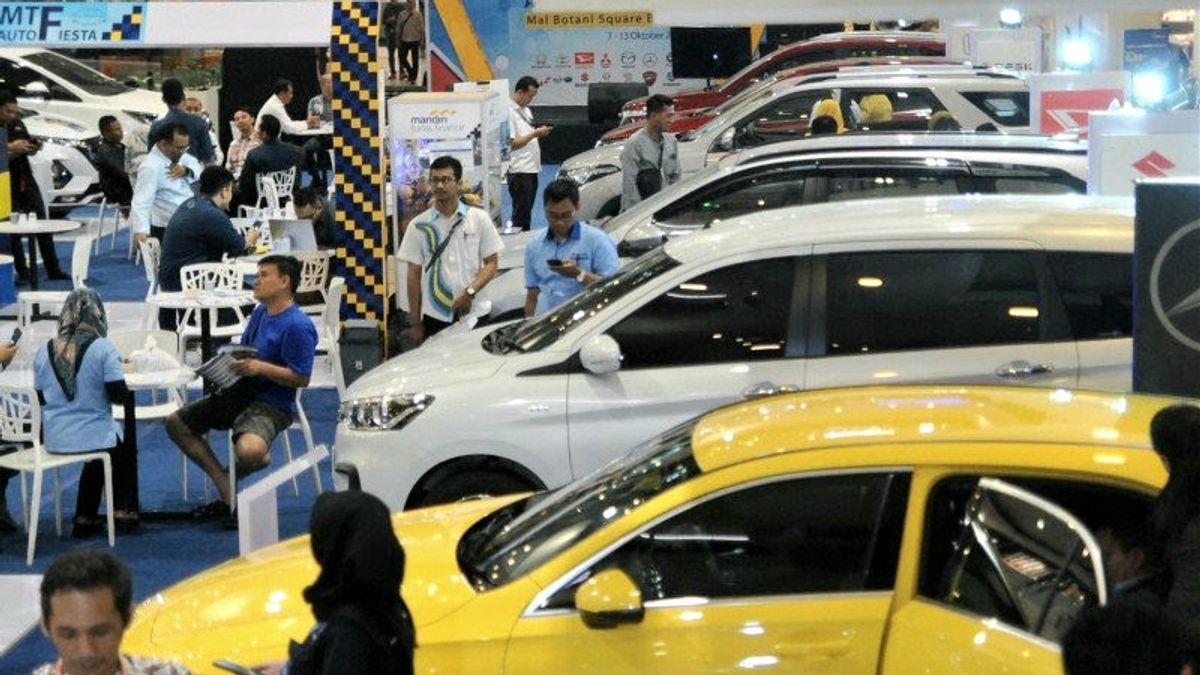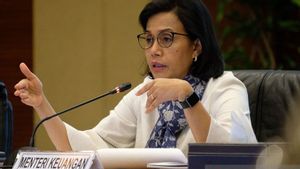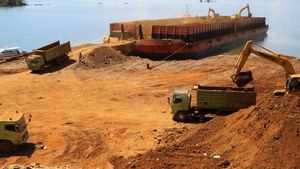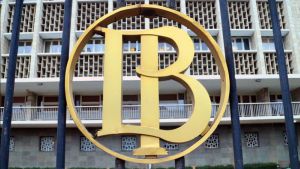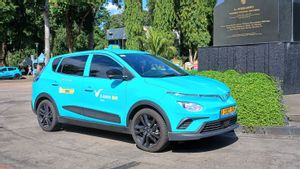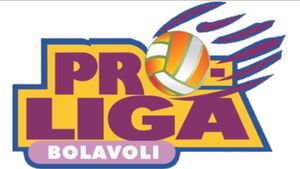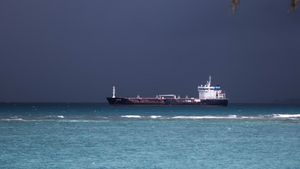JAKARTA - The government through the Ministry of Finance (Kemenkeu) has officially issued an incentive regulation for the Luxury Goods Sales Tax (PPnBM) for new cars for the 2022 period.
This is stated in PMK Number 5/PMK.010/22 concerning Sales Tax on Luxury Goods on the Delivery of Taxable Goods Classified as Luxury in the form of Certain Motorized Vehicles Borne by the Government for the 2022 Fiscal Year which is set on February 2, 2022.
Head of the Fiscal Policy Agency (BKF) of the Ministry of Finance Febrio Kacaribu said that with the continued PPnBM incentives, the performance of the automotive sector is expected to continue to strengthen and be able to return to sales and production levels at pre-pandemic levels or even better.
"The extension of the PPnBM incentive is within the corridor for the sustainability of the 2022 COVID-19 Pandemic Handling and National Economic Recovery (PEN) program," he said in an official statement on Tuesday, February 8.
According to Febrio, the role of fiscal incentives has been crucial in stimulating recovery, including the PPnBM incentives for motor vehicles. He said the motor vehicle trade growth rate was able to rise from a contraction of 14.1 percent in 2020 to a growth of 12.1 percent in 2021.
Likewise, from the production side, the transportation equipment industry has jumped from a contraction of minus 19.9 percent to 17.8 percent in 2021.
"The PPnBM incentive policy for car sales has succeeded in encouraging recovery on the demand side, followed by an increase in the supply side," he said.
For information, the national automotive sector has a strategic role in encouraging industries that have high added value and multiplier effects and create quality jobs.
In addition, this sector is also said to have a fairly good export orientation, which is about 15.6 percent of the total final demand for export products.
On the other hand, despite successful growth, the GDP levels of these two sectors have not returned to the pre-pandemic period. So that the growth opportunity for the automotive sector to increase its production capacity is still wide open.
SEE ALSO:
Meanwhile, another aspect that motivates the government to continue PPnBM incentives is that third-party funds (DPK) in banks are still showing an increasing trend since early 2020. This indicates that the amount of domestic funding supply is still high and tends to be placed in financial instruments.
"Given that consumer credit has not yet approached the pre-pandemic level, efforts are needed to encourage transmission to the real sector to support the acceleration of economic recovery," Febrio continued.
In detail, Sri Mulyani's subordinate explained that the PPnBM incentives for motorized vehicles were given in two segments. First, motorized vehicles with a maximum price of IDR 200 million for Low-Cost Green Car (LCGC) vehicles.
This segment was chosen because the local purchase rate is relatively higher than other cars. The PPnBM incentive design is given in the form of a 100 percent discount in the first quarter, 66 percent in the second quarter, and 33 percent in the third quarter of 2022.
Meanwhile, the second segment is a car with an engine capacity of up to 1.500 cc with a price of between IDR 200 million to IDR 250 million, which is given a PPnBM discount of 50 percent in the first quarter. Incentives are also given for cars with local purchases above 80 percent.
"Because the recovery is getting stronger, the policy is gradually reduced, for a better transition for the automotive sector to return to a normal situation without any incentives," he explained.
"Continuing PPnBM incentives in the context of PEN focus on the goal of economic recovery which is specifically targeted at 2022. The policy also focuses on certain segments that do not interfere with the government's medium and long-term targets to create a vehicle industry that is more advanced and environmentally friendly," closed Febrio.
The English, Chinese, Japanese, Arabic, and French versions are automatically generated by the AI. So there may still be inaccuracies in translating, please always see Indonesian as our main language. (system supported by DigitalSiber.id)
